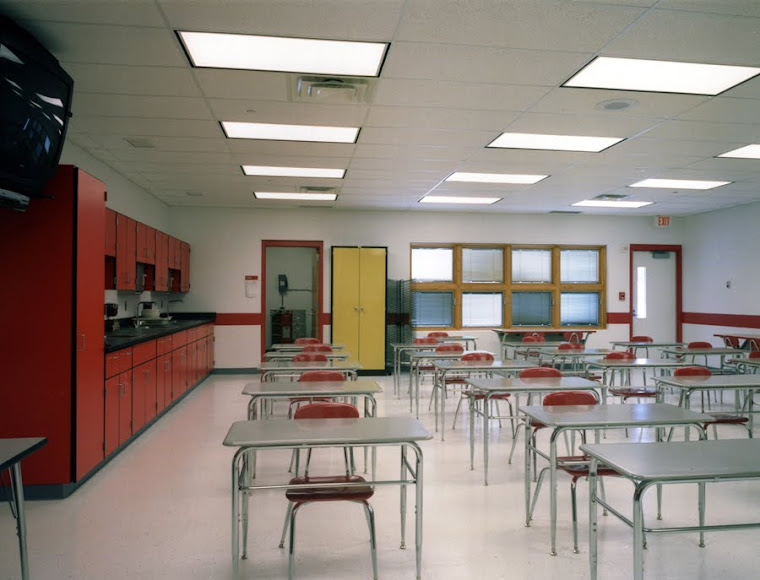- In what ways have you examined fundamental beliefs about diverse learners with respect to learning and teaching?
The key idea I've learned from this book is that there are other opinions then just my own, and that despite my style of teacher and my focus on urban education and diversity there are many teachers that do operate under the guise of Howard's ideas. For a long time I was frustrated while reading, saying, this isn't me, I am open I work with diverse students and I can tell you all about each one, they are all my students...and I appreciate them and push them regardless of race. But after looking closer at the issue I began to see that this isn't always the case, and teacher prejudice and inequality does exist and creates a huge disparity in educational quality, only furthering the achievement gap.
One thing I also learned from this book was to closely examine the terms I use and how I express my beliefs about diversity. For many years I would refer to myself as colorblind- not meaning it in the way Howard explained it. I believe that each student is a unique entity with their own ideas, history, experiences and culture. Their background and race plays a part of this but it doesn't make up their entirety. I though if I said colorblind i'd be communicating this idea- when in fact the actual term is considered to be offensive as it ignores or turns a blind eye to otherness.
In many ways I learned how students culture is a larger aspect of over all performance then I past understood. I considered race and experience when teaching but I was ignorant to the strong impact societal institutions play into creating the achievement gap. Now with a more informed understanding of the issues that rise in education because of race I feel I can go into schools and the higher echelons of education and seek to being to push progress.
I also explored issues related to NCLB and how the increased testing, pressure and bias of the program does more to leave children behind, then it does help further their education. While the idea is revolutionary it's implementation needs strong work.
While I'm personally having an internal debate with myself over whether or not I want to go into higher education, policy reform, exc or if I want to be a normal common person with a life I think these are issue that push me into choosing the no life option. I think that despite the cliche-ness of this I believe that change can happen and that education and begin to implement more progressive and universal policies and I want to be part of this.
While I had many fundamental arguments with Howard, I will say, my admit disagreement helped me form my own opinions and helped me grown in what I believe to be true and right. (also I feel really sick so I hope this makes sense!)

No comments:
Post a Comment